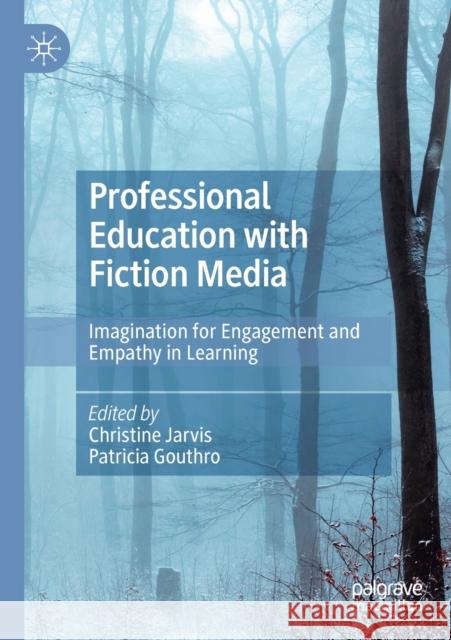Professional Education with Fiction Media: Imagination for Engagement and Empathy in Learning » książka
topmenu
Professional Education with Fiction Media: Imagination for Engagement and Empathy in Learning
ISBN-13: 9783030176952 / Angielski / Miękka / 2020 / 251 str.
Professional Education with Fiction Media: Imagination for Engagement and Empathy in Learning
ISBN-13: 9783030176952 / Angielski / Miękka / 2020 / 251 str.
cena 390,87 zł
(netto: 372,26 VAT: 5%)
Najniższa cena z 30 dni: 385,52 zł
(netto: 372,26 VAT: 5%)
Najniższa cena z 30 dni: 385,52 zł
Termin realizacji zamówienia:
ok. 20 dni roboczych.
ok. 20 dni roboczych.
Darmowa dostawa!
Kategorie:
Kategorie BISAC:
Wydawca:
Palgrave MacMillan
Język:
Angielski
ISBN-13:
9783030176952
Rok wydania:
2020
Wydanie:
2019
Ilość stron:
251
Waga:
0.35 kg
Wymiary:
21.01 x 14.81 x 1.55
Oprawa:
Miękka
Wolumenów:
01
Dodatkowe informacje:
Wydanie ilustrowane











